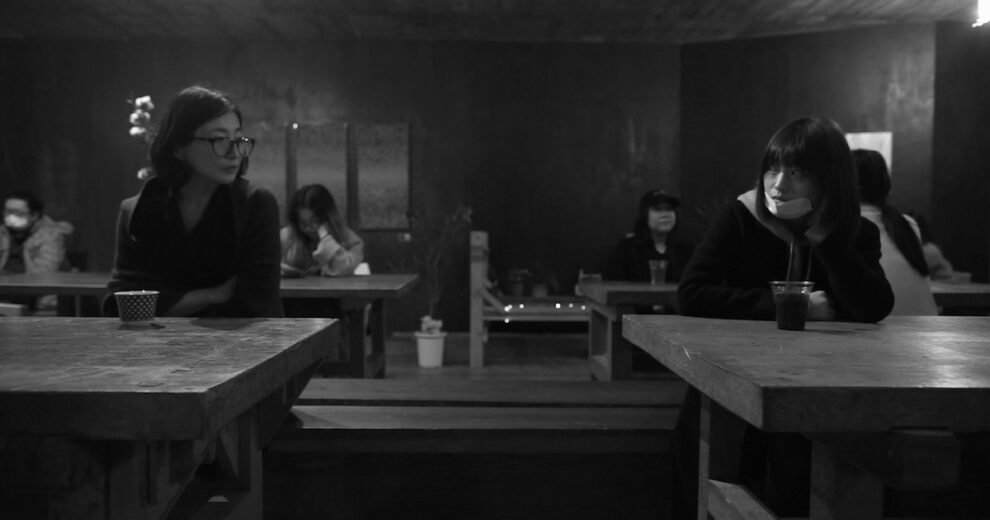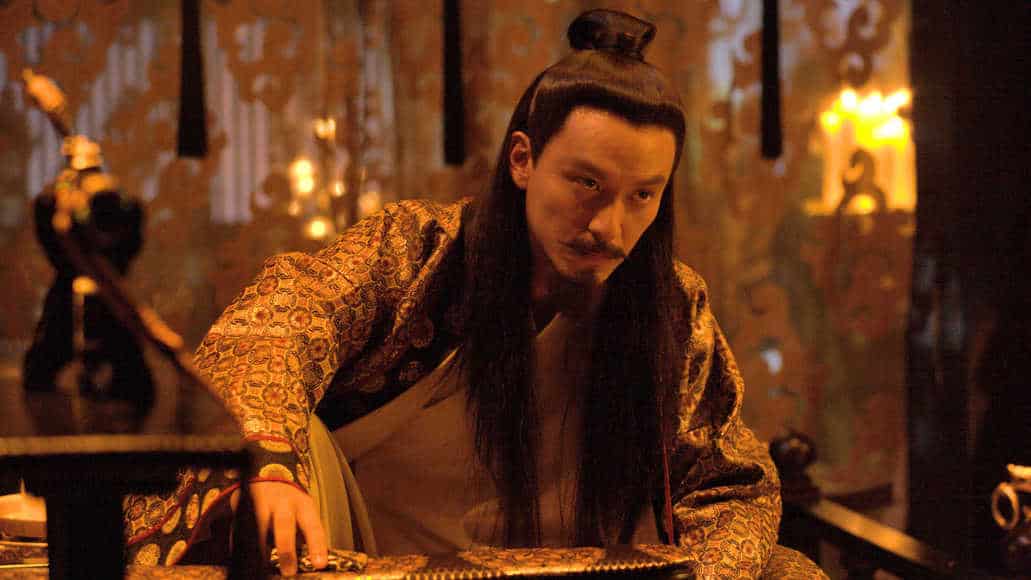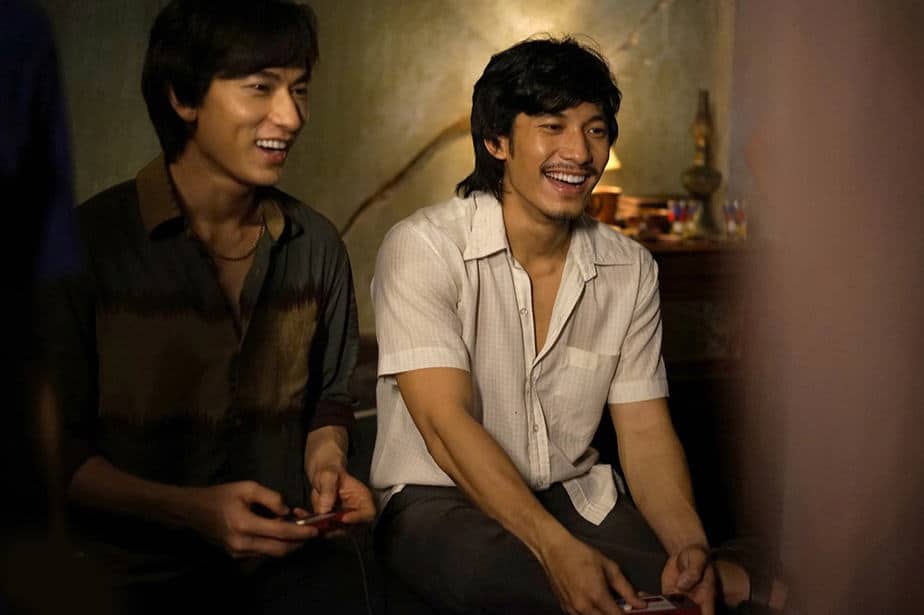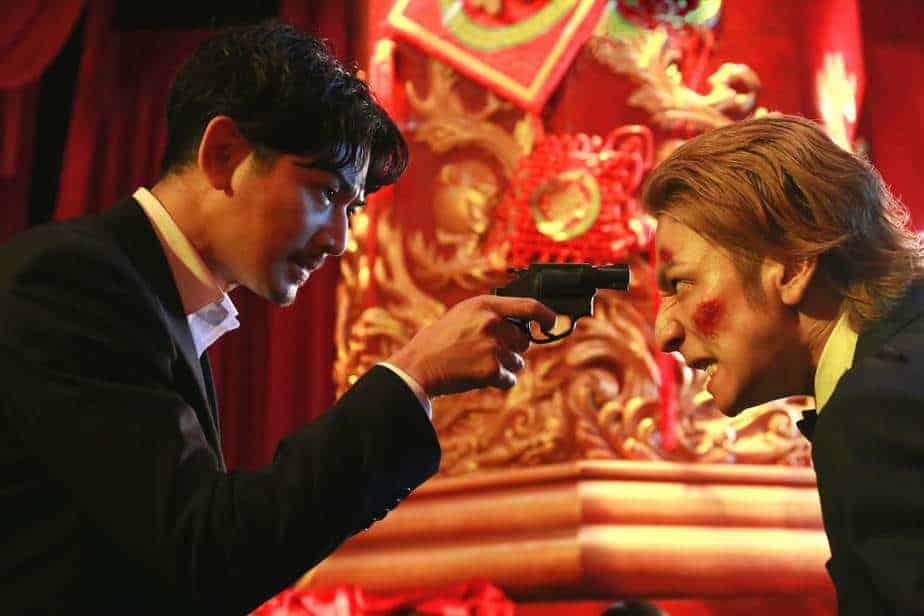“It Must Be Love” is Junko Emoto's second directorial feature film, previously having directed “The Extremists' Opera.” While having acted in movies, a notable example is Shutaro Oku's “Death of Domomata,” Emoto is also very active in theater. As a filmmaker, she often brings elements of stage performance into her productions; “The Extremists' Opera” follows the eccentric activities of a theater group comprised entirely of women. For “It Must Be Love,” the director takes a more experimental approach, following chaotic romantic lives with the world set within a theater. While a neat concept, the picture is more frustrating than engaging.
It Must Be Love is screening at Osaka Asian Film Festival

The film takes place over several years, with the narrative set within the confines of a theater studio with an interactive audience. Rumi, her sister Aki, and another woman named Rie are romantically involved with one man. The male in question is Ryosuke, a seductive player who frequently takes advantage of his partners, loving then leaving them when he sees fit. Rumi struggles to suppress her emotions while Aki pursues stardom. Their sibling dynamic, which was never strong initially, worsens as their passionate feelings for Ryosuke grow. Meanwhile, when Rie is tossed away by her coldhearted object of affection, she desperately tries to replace that heartbreak but to no avail.
Junko Emoto establishes a compelling premise for “It Must Be Love” to explore toxic relationships and how passionate feelings of love can prompt humans to make foolish decisions. Additionally, the story is set in a reality where the world is a theater studio with an interactive “audience,” which is a neat direction to present the experience. Yet, the execution is extremely messy, as the narrative becomes harder to follow as it progresses. With so many characters on top of the main players, it becomes easy to feel lost with what the overall intended point of the film is supposed to be. Furthermore, conflicts are frequently introduced but with no progression, and it gets to a point where the movie feels as if it's aimlessly lingering without purpose. Disappointedly, the theater studio setting and participating audience feel more gimmicky than a well-executed stylistic direction that enhances the viewing.
In addition to the messy storyline, the characters could have been more compelling to follow. The leads are very one-note, as are the endless number of side characters, and a lot of the acting ranges from painfully wooden to obnoxiously over-the-top. Talented individuals like Runa Endo, Ami Tomite, Yuki Sugawara, and Ryo Iwase are unsuccessful in making the material engaging for viewers.
While the decision to primarily shoot in black-and-white gives the feature a unique quality, the blending of film and theater is particularly subpar. Most of the set design within the theater setting is lackluster and dull. The camera work is nothing entirely special either, only occasionally visually commendable. While there's an attempt to give the feature a documentary-style feel, much of it comes off amateurish. The whole thing feels like watching an awkwardly constructed play.
“It Must Be Love” is more conceptually interesting than watchable. Even with a distinct style, the story quickly becomes repetitive, as does its art direction. While plenty of Japanese films have proven that combining theater elements with filmmaking is possible, what's depicted here is not an appealing pairing.















